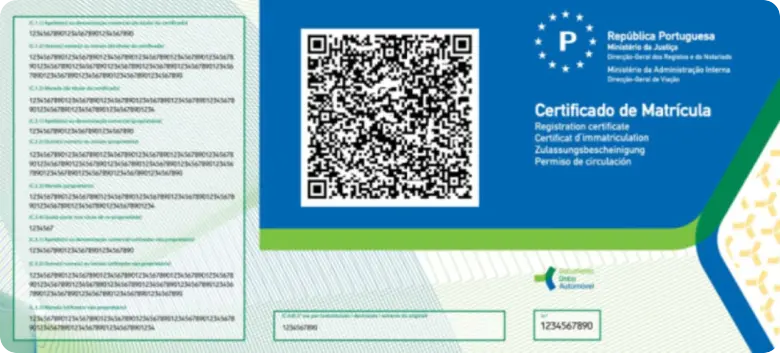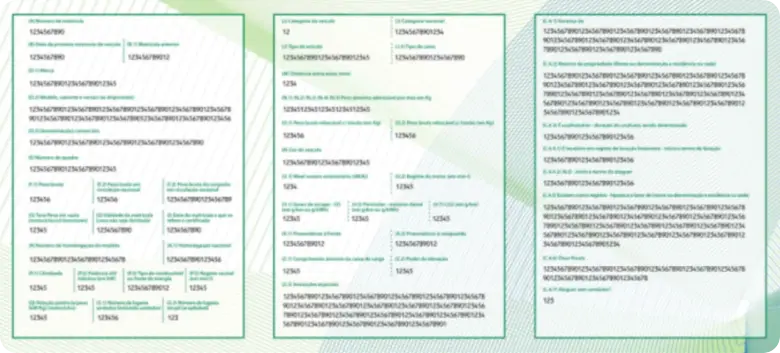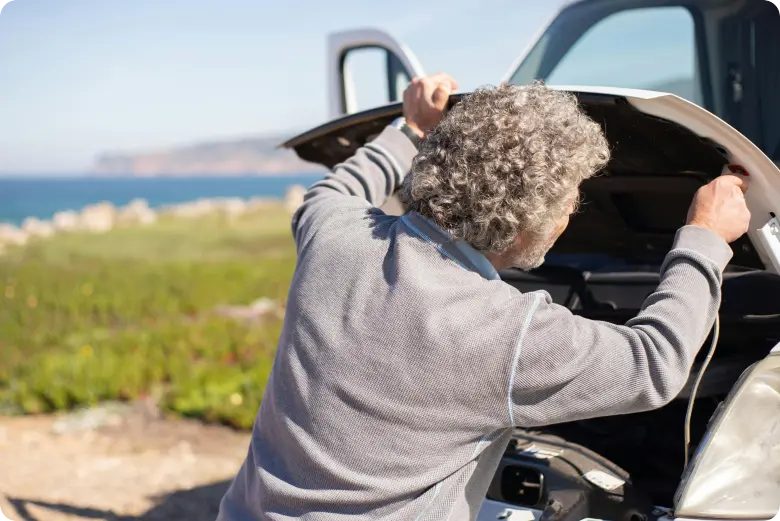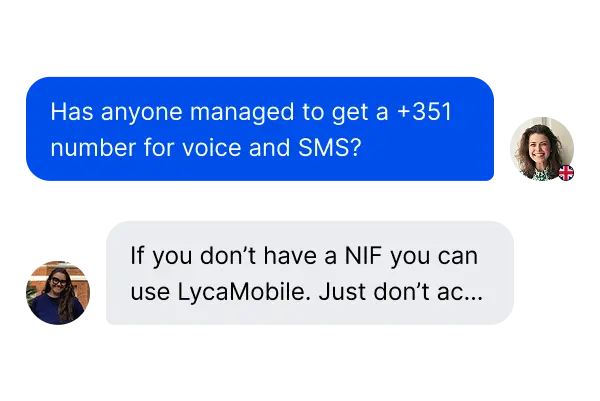¿Cómo comprar un coche en Portugal siendo expatriado?
Aquí es donde su investigación da sus frutos. Entender el mercado y las leyes asociadas a él le ahorrará miles de euros y una inmensa frustración.
¿Dónde encontrar coches en Portugal siendo expatriado?
1. Mercados en línea: Aquí es donde comienza la gran mayoría de las búsquedas de coches en Portugal.
- Standvirtual: El jugador dominante. Es el Zillow o AutoTrader de Portugal. Tiene la mayor selección de coches tanto de concesionarios profesionales (‘Stands’) como de vendedores privados (‘Particular’). Los filtros de búsqueda son excelentes, permitiéndole afinar por edad, tipo de combustible, ubicación y la importante categoría impositiva del IUC.
- OLX & CustoJusto: Estos son sitios de clasificados generales, similares a Craigslist o Gumtree. Puede encontrar buenas ofertas aquí, pero el riesgo es mayor. Estas plataformas son más propensas a estafas, vehículos mal descritos y pérdida de tiempo. Se recomienda precaución.
- Facebook Marketplace: Cada vez más popular, especialmente para ventas privadas de menor precio. Se aplican las mismas advertencias que para OLX. Es mejor para aquellos que se sienten cómodos evaluando un coche y un vendedor en el acto.
!: Trate estos sitios como un catálogo de lo que está disponible y una guía para los precios del mercado. Sea muy escéptico con las ofertas que parecen "demasiado buenas para ser verdad." Casi siempre lo son. Los estafadores a menudo publican anuncios de coches deseables a precios bajos para atraerle a pagar un depósito por un coche que no existe. Nunca, jamás pague un depósito antes de ver el coche y sus documentos en persona.
2. Concesionarios oficiales (‘Stands’)
- Pros: Esta es la ruta más segura. Por ley, un concesionario profesional debe proporcionar una garantía (‘garantia’), que ahora es un mínimo de 18 meses (y puede ser extendida). Ellos manejan toda la documentación, ofrecen financiamiento, y los coches suelen ser inspeccionados y mantenidos antes de la venta.
- Cons: Pagará un precio premium por esta tranquilidad. El precio casi siempre será más alto que una venta privada por el coche equivalente.
3. Concesionarios de marca oficial (‘Concessionários’):
Piense en Renault, VW, Mercedes, etc. Venden coches nuevos pero también tienen una sección para coches usados certificados, a menudo llamados ‘Usados de Marca’ o ‘Viaturas de Serviço’.
- Pros: Esta es la forma más segura y confiable de comprar un coche usado. Los coches suelen tener poco kilometraje (ex-demostradores o intercambios), han sido minuciosamente inspeccionados y vienen con una garantía integral respaldada por el fabricante.
- Cons: Esta es, con mucho, la opción más cara. Paga un significativo premium por la tranquilidad.
4. Ventas privadas (‘Venda Particular’)
- Pros: El potencial para el mejor precio. Está tratando directamente con el propietario y a menudo puede negociar más libremente.
- Cons: Cero garantía. Se vende "tal cual" (‘no estado em que se encontra’). Toda la responsabilidad de verificar el estado y la historia del coche recae en usted. Necesitará gestionar la documentación de transferencia de propiedad por su cuenta. Esta ruta se recomienda solo si tiene conocimientos mecánicos o está dispuesto a pagar por una inspección previa a la compra.
¿Cómo es la inspección y documentación del coche en Portugal?
Ninguna cantidad de investigación en línea puede reemplazar una inspección física minuciosa y una revisión de documentos. Hacer esto correctamente es su principal defensa contra la compra de un coche defectuoso.
Lo que necesita saber al comprar un coche en Portugal
Antes de viajar para ver el coche, pida al vendedor el número de matrícula (‘matrícula’). Con esto, puede hacer algunas verificaciones preliminares en línea.
1. Verificación del estado del seguro: Vaya al sitio web de la ASF (Autoridade de Supervisão de Seguros e Fundos de Pensões). Puede ingresar la matrícula para ver si el coche tiene un seguro válido y actual. Un coche sin seguro es una señal de alerta: podría significar que ha estado sin uso durante mucho tiempo.
2. Historial de IPO y kilometraje: Esta es la herramienta más poderosa contra el fraude del odómetro para coches ‘nacional'. El historial de las Inspecciones Periódicas Obligatorias (IPO) de un coche está disponible en línea, pero a menudo necesita el número de chasis del DUA. La forma más sencilla es pedir al vendedor que le envíe una foto clara del certificado de IPO más reciente (‘Ficha de Inspeção’). Este documento lista el kilometraje registrado en cada inspección.








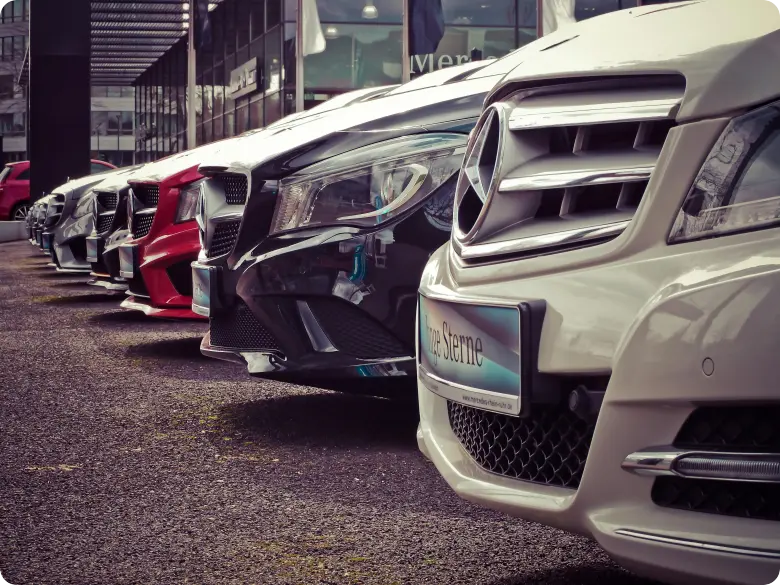
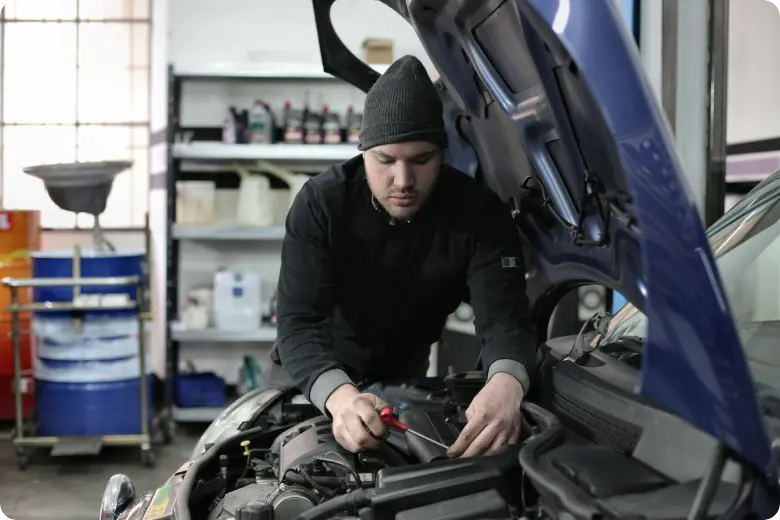
)
